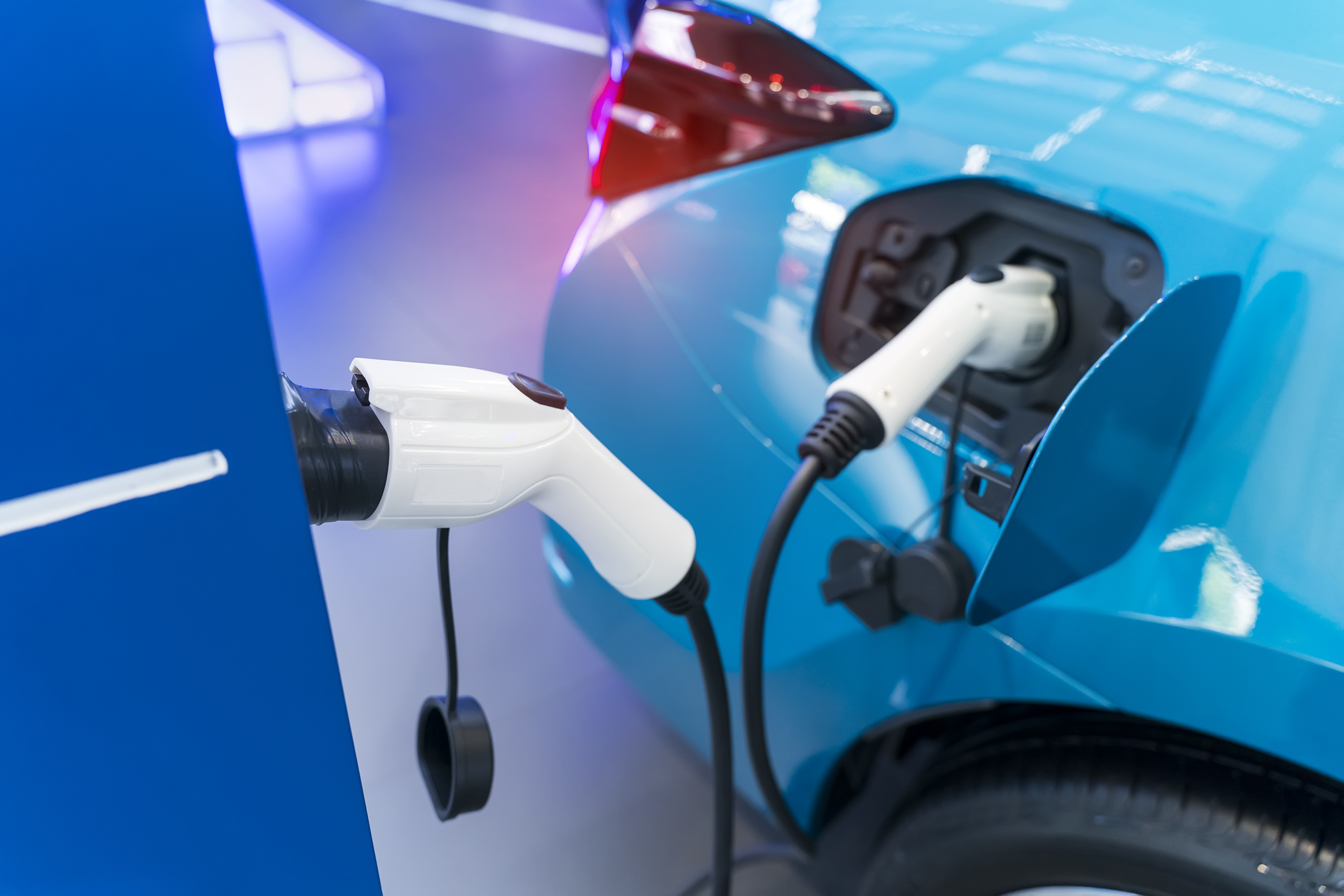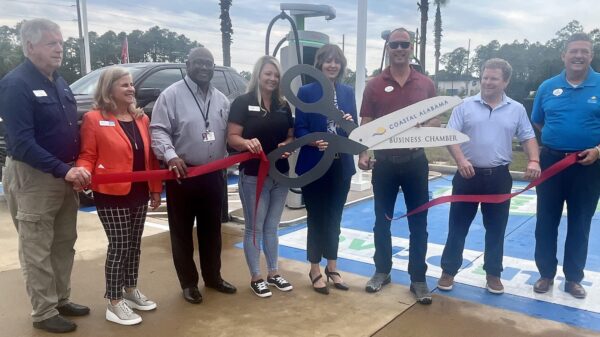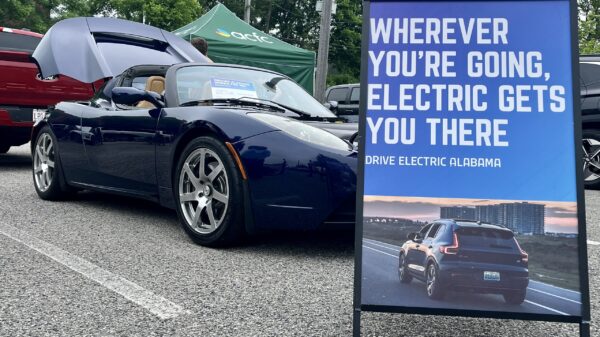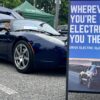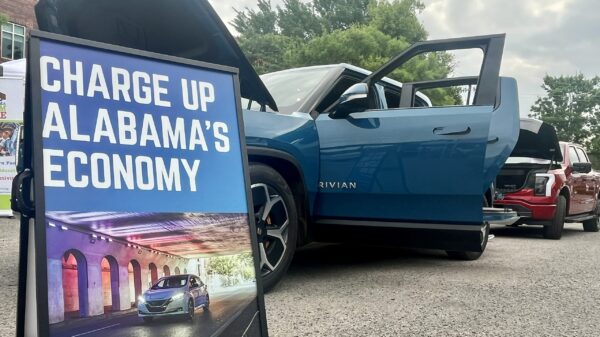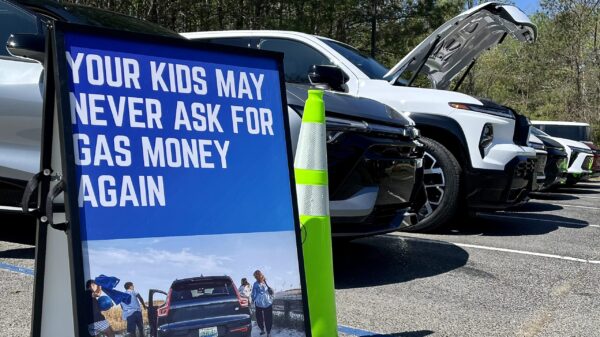The Alabama Department of Economic and Community Affairs (ADECA) recently announced its third round of state grants to fund construction of electric vehicle (EV) charging stations.
This is good news for Alabama’s EV owners and the state at large.
It is well known that range anxiety hinders widespread adoption of EVs. The fear that an EV will run out of battery power before reaching its destination or a charging station affects the overall perception and acceptance of EVs. This is true in Alabama and across the nation.
Underlying the problem of range anxiety is the availability and accessibility of charging infrastructure, among other things. With thousands of gas stations available, every Alabama motorist knows the way to the nearest gas pump. This is not the case when it comes to EV charging stations – at least not yet.
As EV adoption accelerates, so too will the need for safe, reliable places to charge. And not just because it’s the hospitable thing to do. Easy access to charging stations reinforces the adoption of EVs and helps Alabama realize the limitless benefits of electric mobility, including environmental sustainability, improved energy management, increased travel and tourism, even job creation and economic growth.
Alabama’s leadership recognizes this need, and they understand building out the state’s EV charging infrastructure is good for its people, businesses and economic prosperity. They’re investing in it, too. Thanks to EV charging infrastructure grants through ADECA, the state has operationalized more than 80 charging stations. So far, ADECA has awarded grants totaling $4.1 million in 2021, $2.45 million in 2022, and $1.2 million in 2023 for construction of EV charging stations throughout the state.
Even better, is that these investments build on the federal government’s $5 billion to create a nationwide network of charging station (Alabama receives $79 million). While federal dollars are dedicated to charging infrastructure projects along interstates and major highways, the state grant program targets gap areas, notably those across rural Alabama. This is significant because Alabama is notoriously rural.
These charging stations might not solve the issue of range anxiety overnight, but it’s more than a step in the right direction. They’re not the only steps we’ve taken either.
Take for instance, Drive Electric Alabama, a public education campaign supported by ADECA, to increase awareness about EVs and inform Alabamians about the societal and economic benefits of EVs. You’ve probably heard them say: “EV charging happens at home or work because it’s the most convenient and cost-effective way to charge.” This is accurate and should further assuage the feelings of range anxiety.
There’s also the Alabama Mobility and Power (AMP) Center, an EV-focused research hub, forged through a public-private partnership between the University of Alabama, Alabama Power Company, and Mercedes-Benz U.S. International.
Together, these initiatives and others have launched Alabama to the head of the pack. Well, almost. Alabama ranks as the nation’s No. 3 automobile exporter. Nevertheless, EV manufacturing commitments made by Alabama-based auto manufacturers such as Mercedes-Benz and Hyundai, plus strategic and sizable state investment equals remarkable potential.
Mike Oatridge serves as executive director of Alabama Mobile and Power (AMP) Center, housed at the University of Alabama.




































